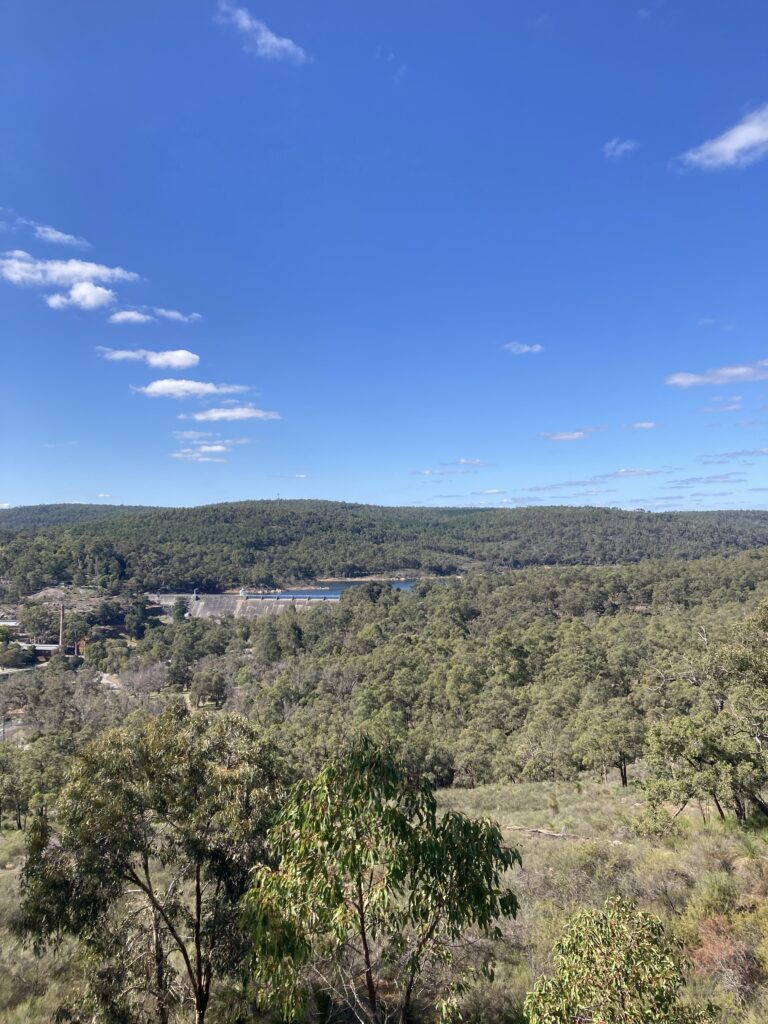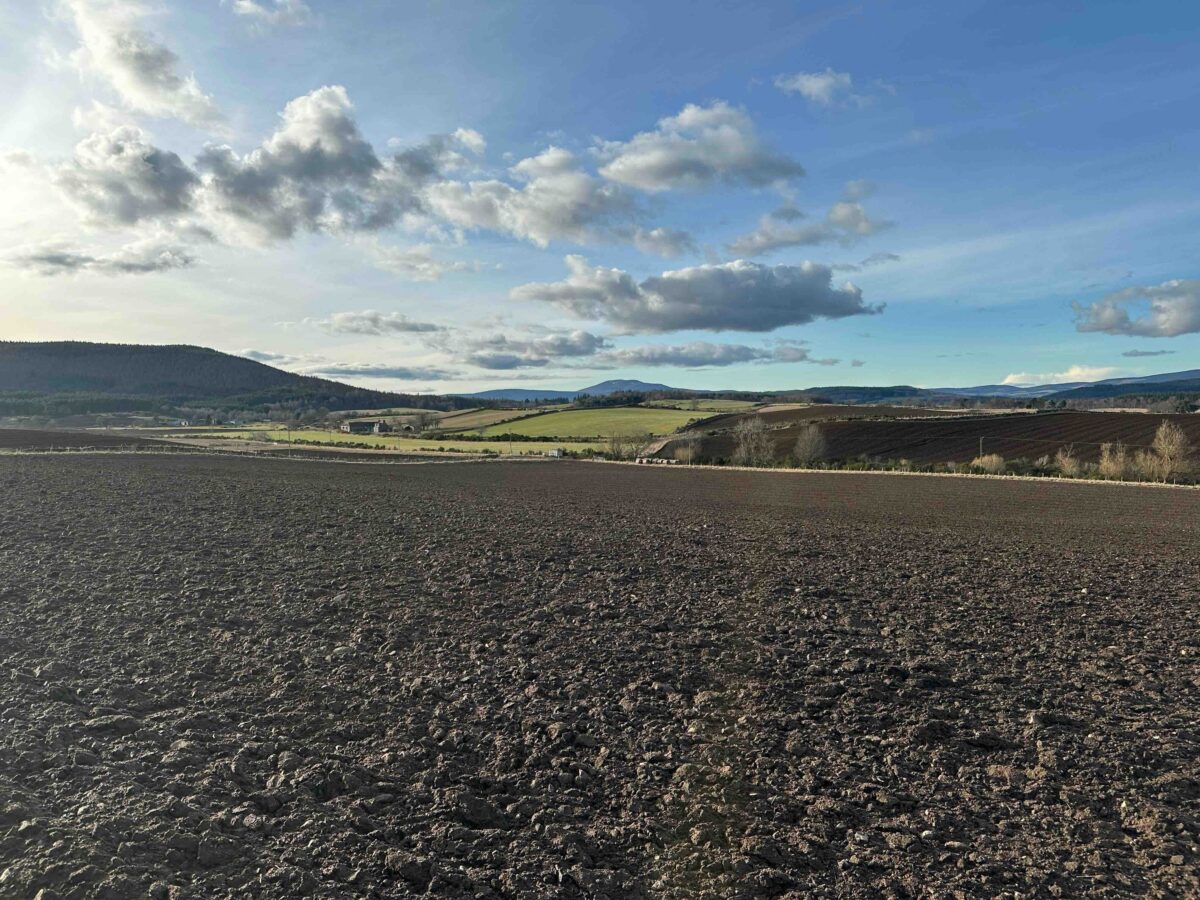There’s a lot of talk about hope and promises in the letter to the Hebrews. Even the last two posts I wrote about Hebrews were around this:
Therefore, we who have fled to him for refuge can have great confidence as we hold to the hope that lies before us. This hope is a strong and trustworthy anchor for our souls.
Quoting Hebrews 6 in my post “Anchor for the soul”
Our great desire is that you will keep on loving others as long as life lasts, in order to make certain that what you hope for will come true. Then you will not become spiritually dull and indifferent. Instead, you will follow the example of those who are going to inherit God’s promises because of their faith and endurance.
Quoting Hebrews 6 again, the verse I started with in “Our great desire”
At some point last year when I was first getting back into reading the bible in general and reading Hebrews in particular, I was thinking about whoever it was that wrote this letter, and wondering what grand hope they had in mind when they were writing words like “hope” and “promises”. Is it the massive saving-of-everything-and-everyone narrative arc in the Jesus story? Is it hope for their nation and restoration after Roman destruction? Is it their own personal hope for Heaven or eternity or something?
There’s a hint right there in Hebrews 6, in between the two paragraphs I quoted above:
For example, there was God’s promise to Abraham. Since there was no one greater to swear by, God took an oath in his own name, saying:
“I will certainly bless you, and I will multiply your descendants beyond number.”
Then Abraham waited patiently, and he received what God had promised.
Hebrews 6 (NLT)
The New Living Translation even uses the phrase “for example”, which isn’t really in the original language, but does capture that at this point the writer has moved on from using generic phrases like “what you hope for” and “inherit God’s promises” and is now talking about something specific.
They’re not just talking about the grand overall narrative here, they’re talking about an individual promise God made to Abraham.
And that stood out to me, because I’d probably swung the pendulum away from thinking about what God promises to individuals. Having grown up in a church that sat on the edge of Pentecostalism, we were careful not to fall into traps of the “prosperity gospel”, but we could see it in the wider Pentecostal culture. People who were too concerned with God giving them benefits in this life – whether that’s getting the marriage they wanted or the promotion or the private jet or the parking spot.
And along with the rest of my church, in my formative years it felt like we pushed back against that and tried to remember the big picture of what God is doing in the world.
Later in the book of Hebrews this tension is even laid out directly:
By faith these people overthrew kingdoms, ruled with justice, and received what God had promised them. They shut the mouths of lions, quenched the flames of fire, and escaped death by the edge of the sword. Their weakness was turned to strength. They became strong in battle and put whole armies to flight. Women received their loved ones back again from death.
But others were tortured, refusing to turn from God in order to be set free. They placed their hope in a better life after the resurrection. Some were jeered at, and their backs were cut open with whips. Others were chained in prisons. Some died by stoning, some were sawed in half, and others were killed with the sword. Some went about wearing skins of sheep and goats, destitute and oppressed and mistreated. They were too good for this world, wandering over deserts and mountains, hiding in caves and holes in the ground.
All these people earned a good reputation because of their faith, yet none of them received all that God had promised.
Hebrews 11
I think I probably anchored too strongly on that second paragraph: sometimes you don’t see the promises in this life, so let’s instead hold onto a bigger picture of hope, that we expect to take longer than our lifetimes. (Less chance for disappointment maybe?)
That’s not all bad – I think holding onto the big picture leads to a more selfless and long term approach to life and decision making. It is certainly better than the prosperity gospel style of promises.
But reading this, and noticing that the Abraham example is a personal promise – rather than just his inclusion in a cosmic hope – challenged me.
Are there any personal promises from God that I’m holding onto?
Even using this language felt dangerous to me: I’ve had times in my life where I’ve felt something that I assumed was from God, and thought I could trust it, and then watched it fail.
As a 23 year old when Anna – then my girlfriend, had developed a chronic sickness and we prayed, and something shifted, she felt well for the first time in months, and we felt hope, but only for a night. Over a decade it had good days and bad days and the sickness shifted and morphed but the promise of full healing never really came.
Or when my friend Casey and I started Today We Learned and we felt so strongly God was calling us to have some kind of impact in the education sector through our startup, but it fizzled out. It was great growth for us and I regret none of it – but if I had clung to my sense of what God wanted to do as a trustworthy promise, I think I would have been disappointed.
It’s not all disappointment – other times I’ve felt things and trusted them, and it’s made all the difference. When Anna was really sick and we weren’t surviving off the income from my casual jobs, I was waiting for a job opportunity at our church, when an unexpected offer came from a software startup. I intended to decline it but felt like God was saying “This is me looking after you”. And 12 years later my career in this industry really has felt like being looked after.
So I’m open to hearing promises God has for me, but I’ve had enough experience to not put too much hope in a specific, personal promise – or in my interpretation of such a promise.
So, last year when I read this, and chewed on the idea that the personal promise, like Abraham’s example, is also important, I opened up to it. And while out hiking, sometimes thinking about this, sometimes praying, sometimes just reflecting on how rough life was feeling at that moment, and also just enjoying the view – somewhere in there, I felt like God made me another personal promise.

For now I don’t think I want to share it here. But I’ll say it’s vague enough to not really be measurable or provable. But despite that it’s real and concrete enough that it shifted something for me, and has been an anchor for me to hold onto in one of the hardest periods of my life.
While writing this post I caught up with Allen Brown and we talked about Abraham’s promises. As he is so good at doing, he helped paint the big picture for me – how does this one story about Abraham tie into the big story?
And it was a reminder for me that Abraham’s promise we talked about before – that he would have descendants beyond number, was both something personal for him and part of a deep global story. Personal: the deep desire for him and his wife to have a child after years of infertility – many can relate to that even today. And part of the deep story: through his family, which would grow into a nation, God would demonstrate and orchestrate a different way of life, for the people to live in covenant with God – living aligned with his ways rather than independent and opposed – and through this nation, all other nations would be blessed. That’s the big story.
So when the writer for Hebrews talks about hope and promises that are an anchor for our souls – which promises are they talking about?
There’s no doubt that they had in mind the new way of life, the community in a committed covenantal relationship with God:
But now Jesus, our High Priest, has been given a ministry that is far superior to the old priesthood, for he is the one who mediates for us a far better covenant with God, based on better promises.
Hebrews 8
But by including the example from Abraham, there is a beautiful reminder that weaved into the big story that spans across generations and continents, there are billions of individual stories, and while God is in covenant relationship with humanity as a whole, God is also connecting with individuals. With us.
And God also offers hope and promises on the scale of our short lives, and these are beautiful for us on their own, but when included as a thread in the bigger tapestry God is weaving, it can be breathtaking.
